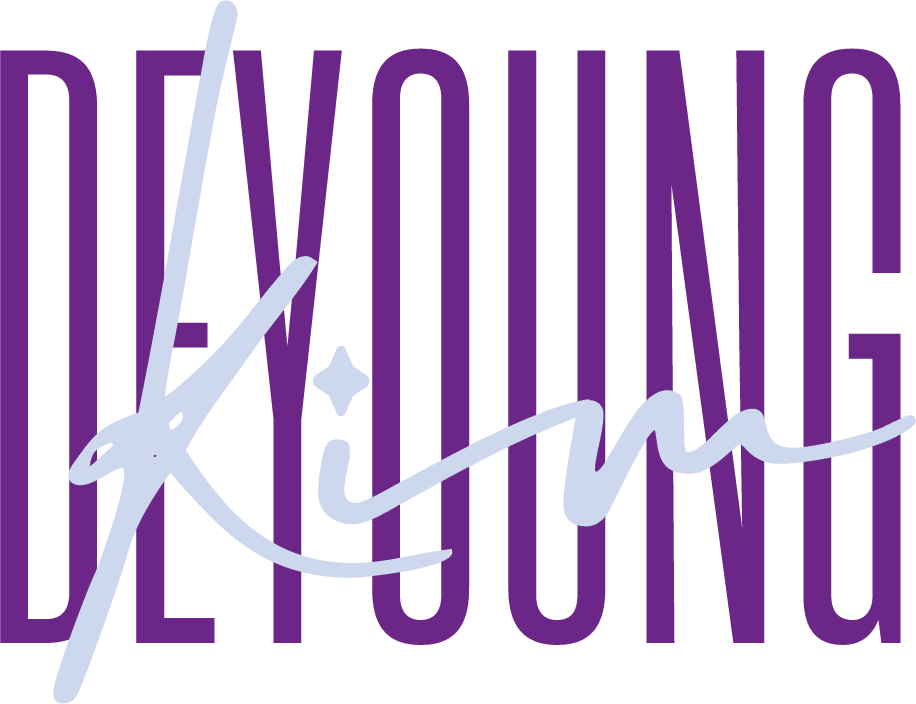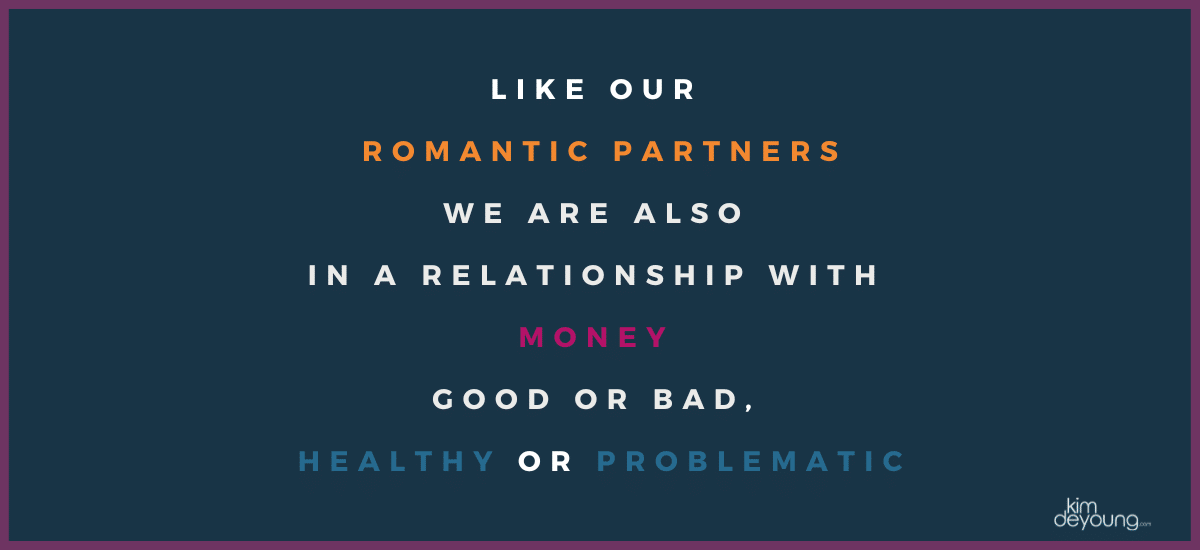It’s not unusual when you reflect upon a past choice, to create an internal story about who you were because of that choice. We then carry those stories around with us as if they’re truth, repeating them both to ourselves and to others. We often become robotic in our repetition of those stories, not even realizing we’re in story-telling versus truth-telling mode.
What if the story you so cleverly concocted isn’t true anymore and doesn’t serve who you are at this time?
Like our romantic partners, we’re in a relationship with money — good or bad, healthy or problematic. We carry beliefs and values from past generations. What our parents and their parents were taught to believe about money. How they earned their living and how they imparted their values to us. We each bring our money legacy with us into our relationships, as we internalize our family’s stories and set forth into the world to either follow their path or not. Each is a decision.
What Is Your Relationship With Money?
Whether our parents had a lot or a little affects how they behaved with money and the messages they shared. We formulate our own values and money stories based on what we perceived. We may feel guilt if we’re not in financial alignment with our family, making more or spending more or saving less. Our relationship with money is directly related to our self-worth, and is often a barometer for our definition of success. ⠀
Our personal money stories are a combination of how we’ve internalized our family’s money beliefs coupled with our own experiences making and spending money. We then have the choice of how we pass those stories onto our children. How do we let go of messages we deem unhealthy and shift our language and belief system to one that is more aligned with our present day values?
Your relationship with money is also a mirror, albeit a private one, for us to examine our issues of self-worth and shame.


